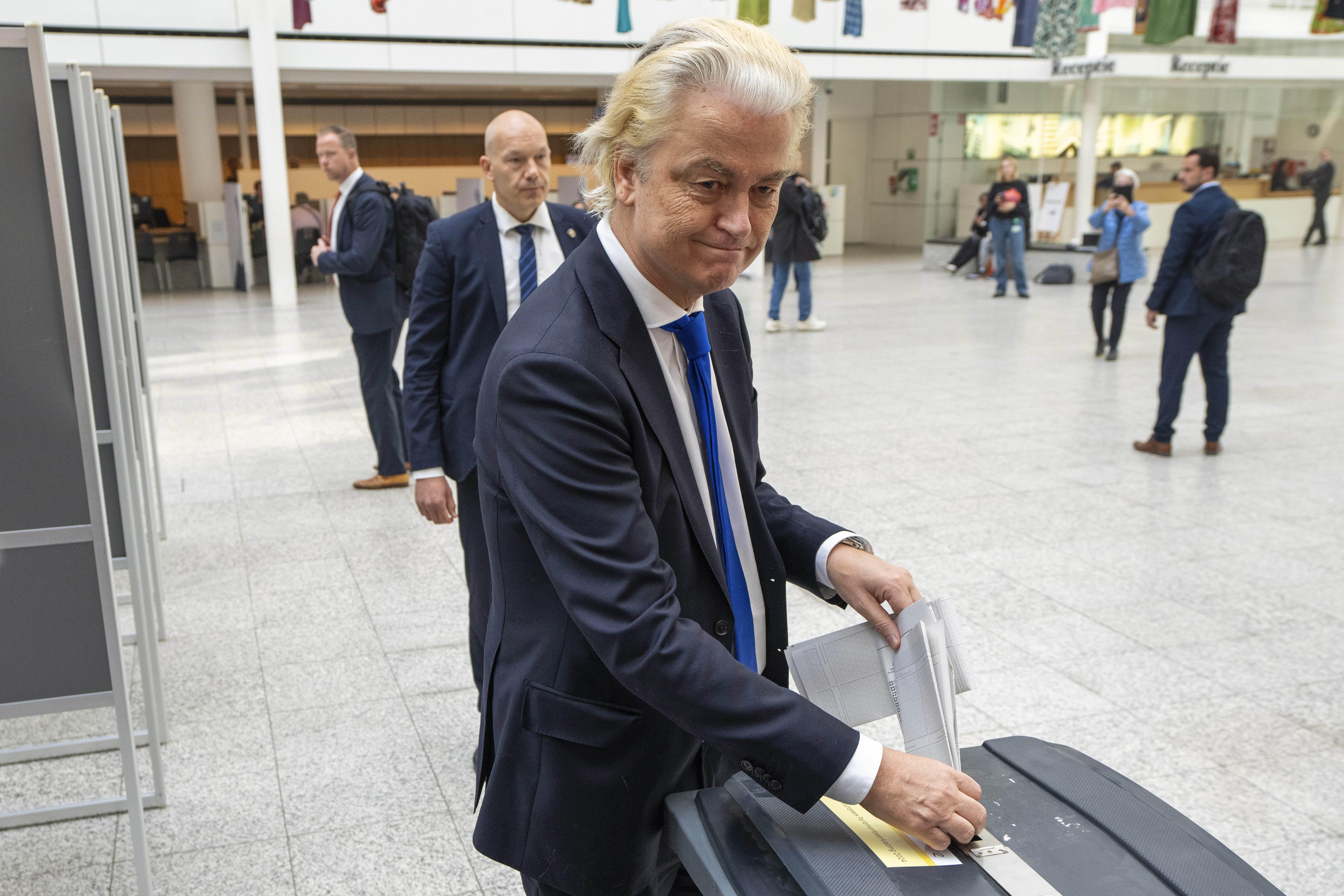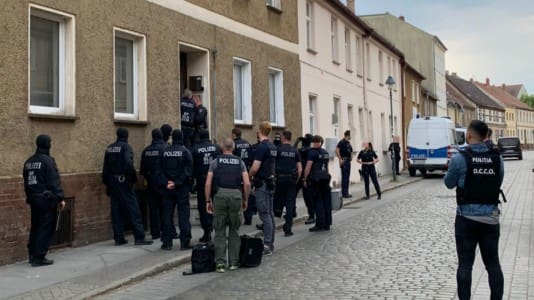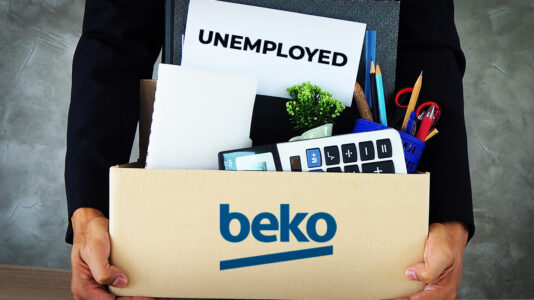The European Union is a power-hungry monster that grabs sovereignty and never gives it back, the leader of the largest party in the Netherlands has claimed.
Geert Wilders, the firebrand nationalist who guided his Party For Freedom (PVV) to electoral success in the Dutch legislative elections last November, reinforced his opposition to “ever closer union” — a phrase coined by the architects of the European treaties committed to European federalism.
Speaking to CNBC from the Ambrosetti Forum in Italy on Sunday, the Dutch politician claimed that the European Union needed less centralized control and more power returned to national parliaments, particularly on issues like immigration.
“Europe is a kind of monster,” Wilders told the U.S. media outlet. “The European Union, if you give it more power they only want more and they won’t give it back.”
Previously a die-hard Eurosceptic committed to the Netherlands leaving the European Union, Wilders’ position on EU membership has softened the closer he has come to power — this is typical of many politicians across Europe such as Giorgia Meloni in Italy and Marine Le Pen in France.
Having long advocated for a referendum on Nexit – that is, an exit from the European Union for the Netherlands — the PVV leader dropped his pledge for a public vote on the matter in the spring in order to form a government with center-right, pro-EU parties.
“It’s too late to end it,” Wilders told CNBC in reference to the European project, “but please, let us take some of the powers back to the capitals, like for immigration.
“All of the politicians who are really out of sync with the electorate in Europe say, ‘we want more integration,’ but the people don’t want that, they want their own [domestic] issues to be solved,” Wilders explained.
A key policy of the new Dutch government is to push for an opt-out from the controversial EU migration pact and wider asylum rules currently managed from Brussels.
“It’s very important to try to toughen up our borders, but at the end of the day, we have to do it nationally,” he noted.
“We have to be in charge of our own immigration rules, of our own asylum rules, of our own border controls. Any nation without the ability to decide who is welcome in its home is not really a nation,” he added.
Some countries have taken matters into their own hands on the migration issue, risking the wrath of Brussels.
Both Hungary and Slovakia have vowed to defy the European Union’s demands for illegal immigrants to be distributed fairly across the bloc, with their respective governments telling the Commission in no uncertain terms that their countries will not participate in the scheme irrespective of the financial penalties.
Viktor Orbán’s administration in Budapest has even held press conferences in front of a fleet of buses, warning Brussels it will transport illegal migrants from the country’s southern border with Serbia to the de facto EU capital if the European Union wants migration so desperately.
In another example of an EU member state acting unilaterally, the German left-wing coalition government announced plans on Monday to reintroduce border controls at each internal EU border, effectively suspending the borderless Schengen agreement.
It comes as no surprise that the move has been announced ahead of key state elections following the left-liberal coalition government’s disastrous showing in the recent elections in Saxony and Thuringia where the anti-mass migration Alternative for Germany and the center-right CDU opposition enjoyed considerable electoral success.






